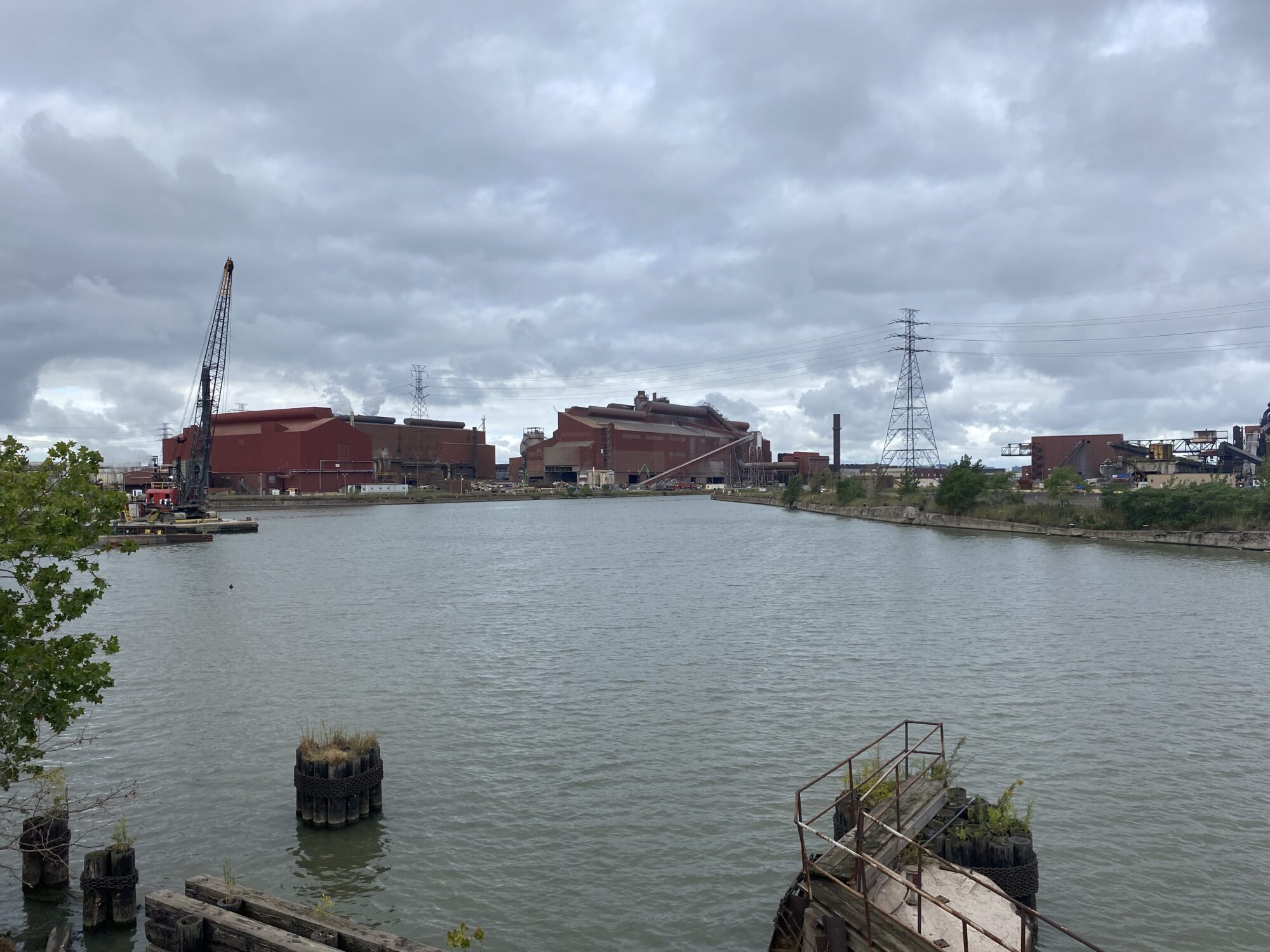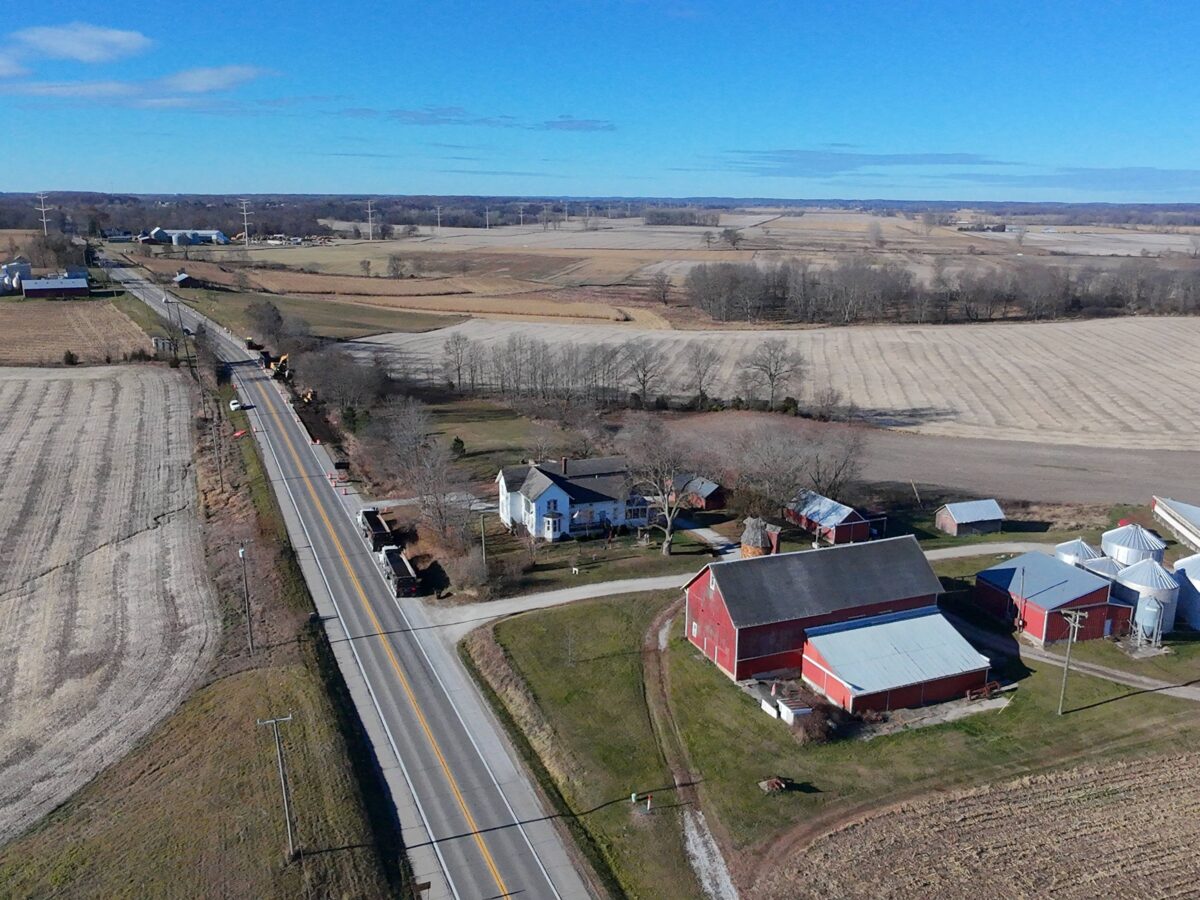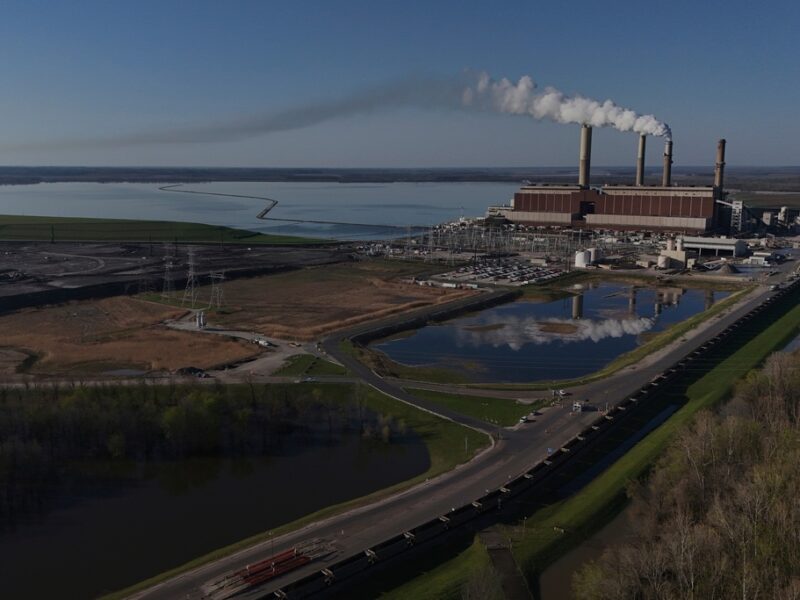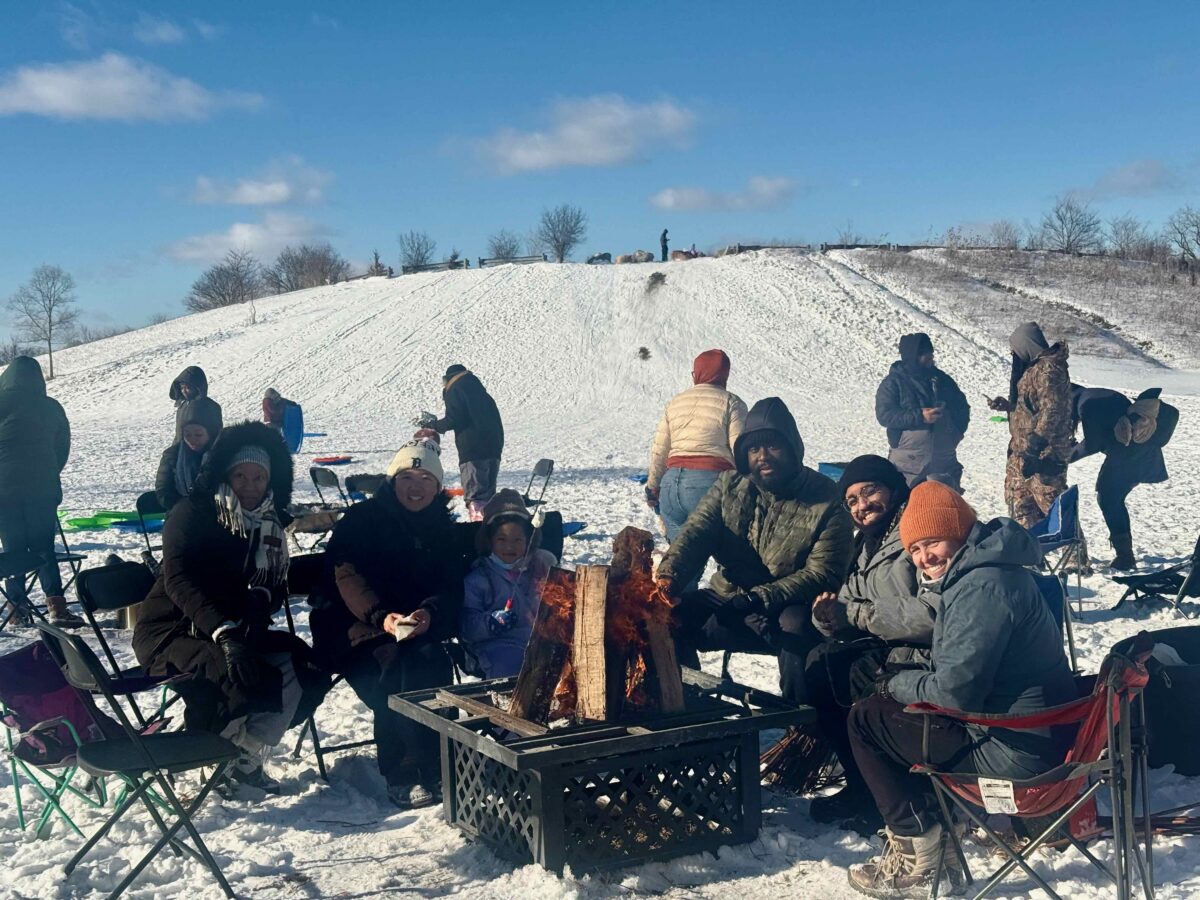Overview:
-The Trump administration canceled a National Science Foundation grant supporting air pollution research in Southwest Detroit's 48217 ZIP code, known for its heavy industrialization.
-The grant aimed to highlight community experiences and non-technical insights often overlooked in policy decisions.
-"The work has to continue. This issue has spanned many generations and administrations," said University of Michigan doctoral student Ember McCoy.
The Trump administration terminated a National Science Foundation grant Friday that supported research on air pollution in Southwest Detroit’s 48217 ZIP code, one of the most heavily industrialized and polluted areas in Michigan.
Ember McCoy, a doctoral student at the University of Michigan’s School for Environment and Sustainability, was using the $10,000 dissertation grant to document how community members experience and understand air pollution, and how those non-technical ways of knowing are often excluded from regulatory decisions. Her work includes interviews with residents and community partners in Detroit, Ecorse, and River Rouge.
The NSF informed the university last week that her grant no longer aligned with revised funding priorities, which now exclude research related to diversity, equity, inclusion, and disinformation. The agency canceled hundreds of other awards.
Researchers in Michigan reported more than $15.7 million in cancellations to an independent tracker, though the true number may be higher.
The projects examined a range of topics, including research on inclusivity in STEM education and support for undergraduate physics majors who transfer from community colleges.
“This kind of information is useful for all sorts of communities whose concerns are not being heard by government,” said Shobita Parthasarathy, professor of public policy at the University of Michigan and co-advisor on McCoy’s grant. “It’s really unfortunate that it’s getting caught up in this obsession with DEI.”
Darren Riley, CEO of JustAir, an environmental tech company that tracks air pollution for Wayne County, said he’s “nervous” about the administration’s disinvestments in health equity research, but hopeful that local governments and philanthropies will pick up some of the slack.
“We have to find ways to express the truths that our community is already feeling in our bodies … when people have to pick up their kid from school because of asthma, when people’s lives are cut short because of respiratory illnesses,” he said.
The NSF terminated 701 awards April 25 that “were not aligned with agency priorities,” spokesperson Michelle Negrón said in an emailed statement.
“It is our priority to ensure all NSF awards aim to create opportunities for all Americans everywhere, without exclusion of any groups,” the spokesperson said. “NSF remains committed to reviewing and funding proposals that are aligned with the agency priorities.
We spoke with McCoy about the cancellation, her findings, and what comes next.
Our interview has been condensed and lightly edited for clarity.
THE LATEST FROM PLANET DETROIT
Judge denies Saline Township resident’s move to intervene in data center settlement
Washtenaw County judge finds resident Kathryn Haushalter’s motion to intervene in settlement came too late and would only apply to an open case.
Trump EPA loosens coal emissions standards
Limits on mercury and other toxic emissions were first put in place by the Obama administration, which cut mercury pollution by roughly 90%. The Biden administration tightened them further.
Winter blues got you down? The solution might just be at your local Detroit park.
Detroit’s harsh winters bring more than just cold; they cast a shadow over residents’ mental health. With up to 40% of Michiganders experiencing Seasonal Affective Disorder, local groups like the Detroit Riverfront Conservancy and Friends of Rouge Park are stepping up.
Can you tell us a little about your background and what you study?
I’m a fifth-year Ph.D. candidate in the School for Environment and Sustainability at the University of Michigan. I’m finishing this year, planning to defend sometime in July, and graduate by August. I study the politics of expertise around air pollution policy. So I’m interested in who’s considered an expert, what’s considered evidence, and how that shapes what we determine is safe or not in terms of air pollution standards in the U.S.
Where does your research take place?
It’s entirely in Southwest Detroit. I work with residents in the tri-cities area, specifically in Detroit’s 48217 ZIP code, as well as in Ecorse and River Rouge.
How long have you been working with the community there?
I first started working with folks in this area 10 years ago, during my master’s. I was doing more spatial analysis then, thinking about where different polluters are and what they emit. But through that experience, I felt the research I was doing wasn’t getting at the crux of the problem — why there are these air pollution hotspots and why people’s experience wasn’t being heard in terms of policy.
What is the main focus of your dissertation?
The policies are very numeric-centric. They rely on generating data, more monitors, and scientific studies to prove what residents are already experiencing. I talk about how residents know pollution without air monitors. Like when they go outside, the smells, how the air feels, or their health conditions — like asthma. And I’m looking at how we can take those claims more seriously and consider actual health outcomes in policy decisions or in approving permits for new facilities.
What did the NSF grant fund?
It’s a Doctoral Dissertation Research Improvement Grant. It started in March 2023 and was extended through August this year. I used it to pay interviewees for their time, compensate community partners helping with research design and connections, and cover travel and archive work. I had about $5,000 left, which I planned to use for continuing to pay community partners and presenting my findings back to the community this summer.
How did you find out the grant was canceled?
I found out via email on Monday, through a chain. Someone at NSF emailed the vice president for research at U of M on Friday at 4 p.m. He forwarded it to someone who forwarded it to the grants administrator I work with. By the time it got to me, it was Monday afternoon.
Did they explain why it was terminated?
The email said it was terminated because the grant no longer engaged the priorities of NSF. That was it. But if you go to the NSF website, the priorities page looks like it was updated Friday. In their FAQs, they say they canceled grants that didn’t fit the new priorities, like those involving diversity, equity, and inclusion, or misinformation and disinformation. It also said something about how research should be about all Americans everywhere. So I assume it was because my abstract talks about environmental justice and marginalized communities.
How has this affected your work and your partners?
The work will still continue. I’m mostly writing now, so it’s not stopping the research. But I was intentional about compensating community partners, and that’s now in question. I talked to some of them earlier this week. They were really excited to be part of a grant that actually paid people for their time. A lot of research in marginalized communities can feel exploitative, so we were trying to be really intentional about not doing that. They’re also concerned about what this means for environmental justice research going forward, especially after we saw more funding during the Biden administration.
Have you heard of other grant cancellations?
Yes. People are compiling a list. They canceled hundreds of grants Friday. I’ve seen others related to climate justice. I don’t know yet if anyone else doing air pollution work in Detroit had their grant canceled, but I know I’m not the only EJ researcher affected.
Where do you and the community go from here?
The work has to continue. This issue has spanned many generations and administrations. These communities and the people working with them have always found ways to persist. That’s what I’ll keep doing. I’m not going to stop this research. I’ll find ways to keep doing it.





